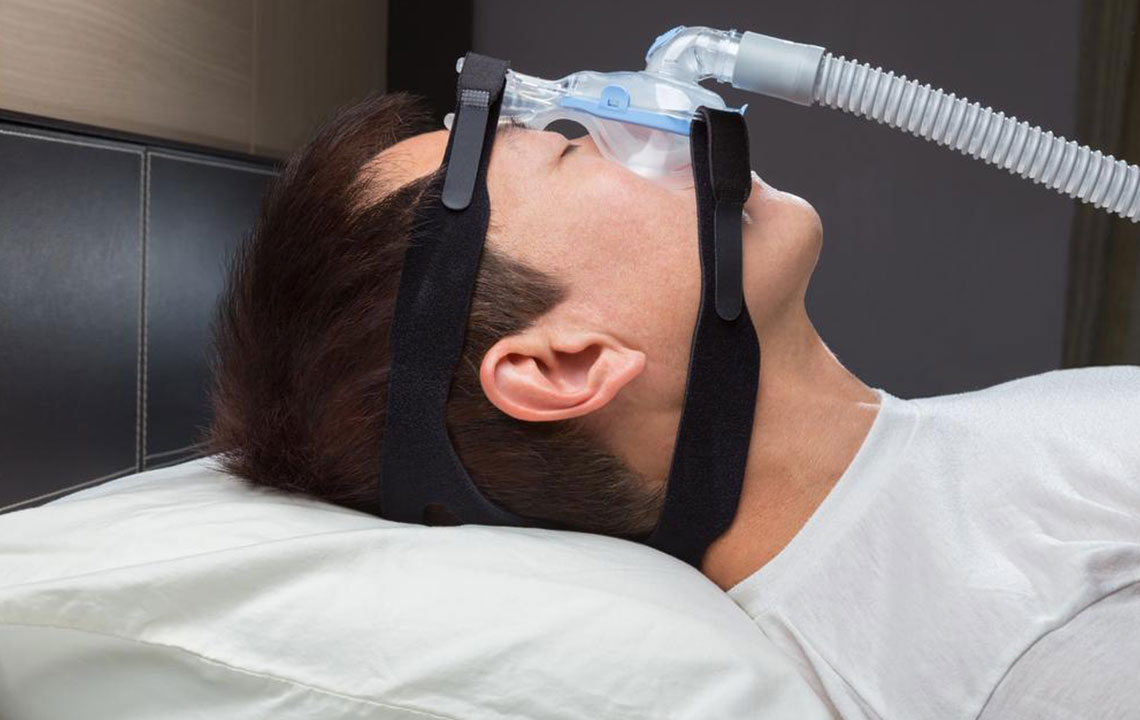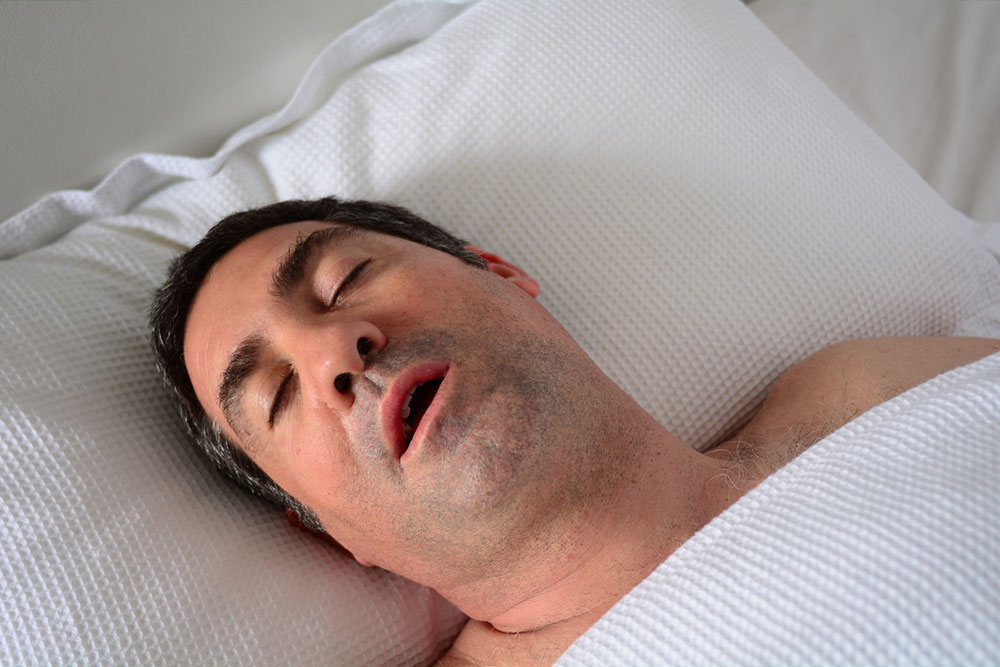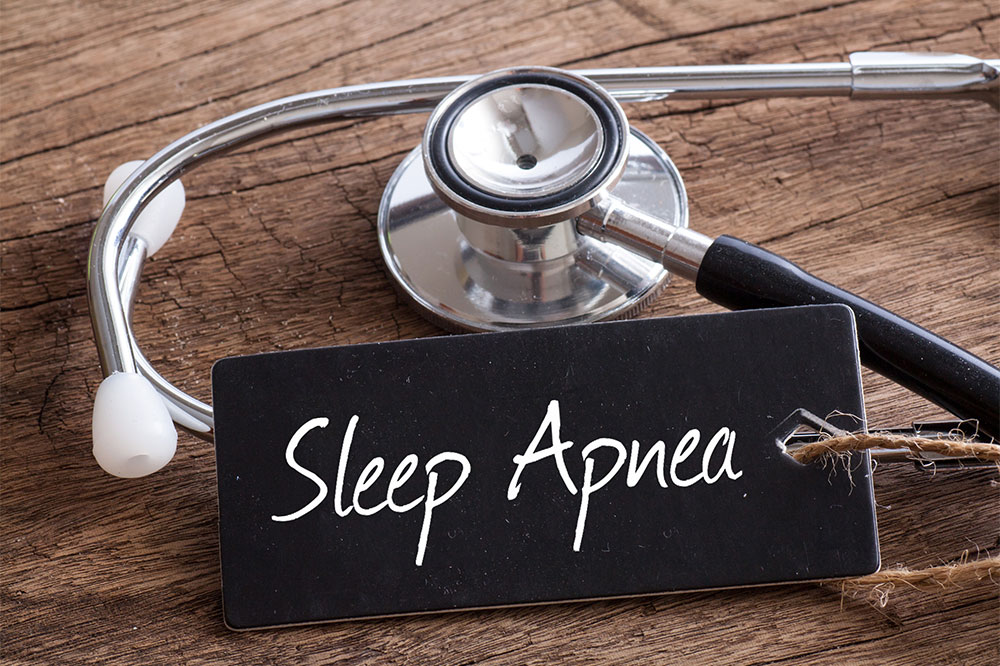Effective Strategies to Manage Sleep Apnea
Discover practical, effective ways to manage sleep apnea through lifestyle changes, including weight management, exercise, and proper sleep hygiene. These strategies aim to reduce symptoms and enhance sleep quality, promoting long-term health and well-being.
Sponsored

Sleep apnea is a condition characterized by repeated pauses in breathing during sleep, sometimes occurring over 80 times per night. These interruptions can deprive the brain and body of oxygen, posing serious health risks if left untreated. Though it may not seem immediately harmful, long-term effects can be severe or life-threatening. Proper management involves lifestyle changes and medical interventions aimed at reducing symptoms and improving sleep quality.
Maintain a Healthy Weight: Excess weight, especially around the neck, increases airway obstruction, contributing to sleep apnea. Adopting a balanced diet rich in fiber—from fruits, vegetables, nuts, and seeds—and healthy fats found in olive oil, coconut oil, and fish can aid weight loss and reduce symptoms. Regular physical activity also plays a crucial role in managing weight and improving overall health.
Stay Active: Incorporate exercise into your daily routine to promote cardiovascular health and strengthen respiratory muscles. Yoga and breathing exercises can enhance lung capacity and improve breathing patterns.
Eliminate Unhealthy Habits: Abstaining from alcohol, quitting smoking, and avoiding sedatives can significantly reduce sleep disruptions. These substances exacerbate airway narrowing and increase the risk of obstruction during sleep.
Address Underlying Conditions: Managing related health issues such as acid reflux, nasal congestion, or chronic coughs can alleviate sleep apnea severity. Consulting healthcare professionals for targeted treatments is recommended.
Use a Humidifier: Incorporating a humidifier in the bedroom can ease breathing, decrease snoring, and reduce nasal congestion. Proper humidity creates a more comfortable sleeping environment and complements other treatments.
Practice Breathing Techniques: Regular breathing exercises and meditation improve respiratory function and help regulate breathing patterns. Learning proper breathing habits can significantly lessen apnea episodes over time.
Adjust Sleep Position: Elevating your head with pillows and sleeping on your side, especially the left side, can prevent airway blockages. Maintaining a consistent, adequate sleep duration of around 8 hours supports overall health.
Adopting these lifestyle modifications can dramatically improve sleep quality and mitigate sleep apnea symptoms. Early intervention and consistent effort are key to managing this condition effectively.






